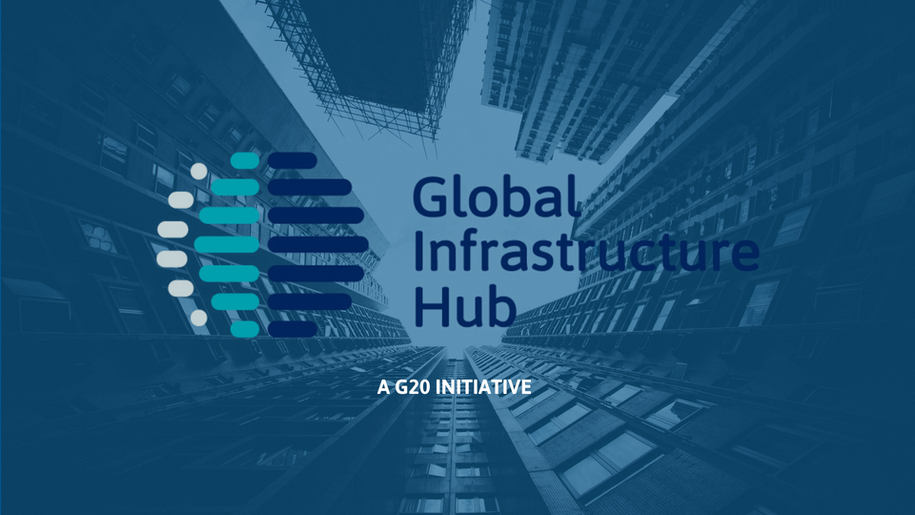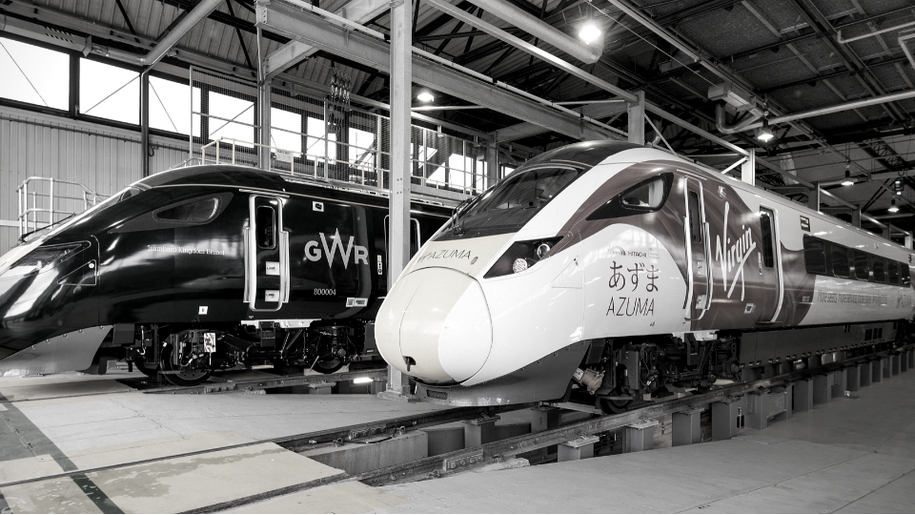840 results found
Featured results



More results
Public-private partnership (PPP) contracts are long-term and they may have a duration of 20 to 30 years or more. Today, where technologies and social priorities (such as views on climate change and sustainability) are changing at an accelerated pace, it perhaps comes as no surprise that changes to PPP contracts through renegotiations are common.
As 2018 comes to a close, we would like to take this opportunity to thank you for your support this past year. The Global Infrastructure Hub (GI Hub) had an ambitious agenda for 2018 and we are pleased to say that, with the help of our partners and stakeholders, we have been able to achieve some important milestones.
One of the primary responsibilities of governments the world over is to provide public services to their citizens, including through infrastructure projects. However, governments are often faced with limited resources, constraining their ability to finance and deliver infrastructure on their own. Thus, it is often necessary to invite a private sector party to jointly provide the services in partnership with the public sector.
With a people-centred vision, the Argentine G20 Presidency placed sustainable development at the forefront of the G20 agenda in 2018, under the theme Building consensus for fair and sustainable development .
On 5 December 2018, a delegation of 15 staff, including senior level officials from China Clean Development Mechanism (CDM) Fund under the Ministry of Finance, and officials from ten provincial finance departments visited the Global Infrastructure Hub (GI Hub) in Sydney to learn more about the organisation’s mandate, mission, tools and products.

Transferring risk to the private sector in a PPP contract is frequently referred to as a key part of a PPP arrangement, as well as a key reason why governments use such an approach to procure infrastructure.


The GI Hub welcomes the commitment from the G20 Leaders in addressing the infrastructure financing gap and encouraging more private sector investment.
The paper looks at the potential and preconditions for introducing or expanding competition for the provision of municipal waste management services by mobilising and engaging the private sector.

This paper is a collaboration between the World Bank’s Transport Global Practice, the World Bank’s Energy Sector Management Assistance Program (ESMAP) and the International Association of Public Transport (UITP) to assemble evidence, viewpoints, and analysis on eMobility programs.

On 22 November 2018, the Global Infrastructure Hub (GI Hub) and the China Public Private Partnerships Centre (CPPPC) signed a memorandum of understanding (MoU) to establish and strengthen the collaborative partnership between the organisations.
Private partner profit motives are frequently cited as a failure of the public-private partnership (PPP) approach. But those profit motives are also part of the fundamental make up of the PPP approach and why it has the potential to deliver better outcomes for the public.
APEC economies endorsed the APEC Guidebook on Quality of Infrastructure Development and Investment (Revision) .

This paper describes a framework of supply and demand factors that could affect birth registration coverage rates, using data from Latin America, Asia and Africa the paper looks at factors such as social transfer that could impact birth registration.


The Independent Power Producers Association of Indonesia ( APLSI ) and PwC Indonesia ( PwC ) spearheaded the preparation of this report, Alternating Currents: Indonesian Power Industry Survey 2018 , based on a survey of stakeholders in the Indonesian power industry.



An infrastructure outlook on Indonesia to 2025. A publication by the PwC.










 Full report
Full report









